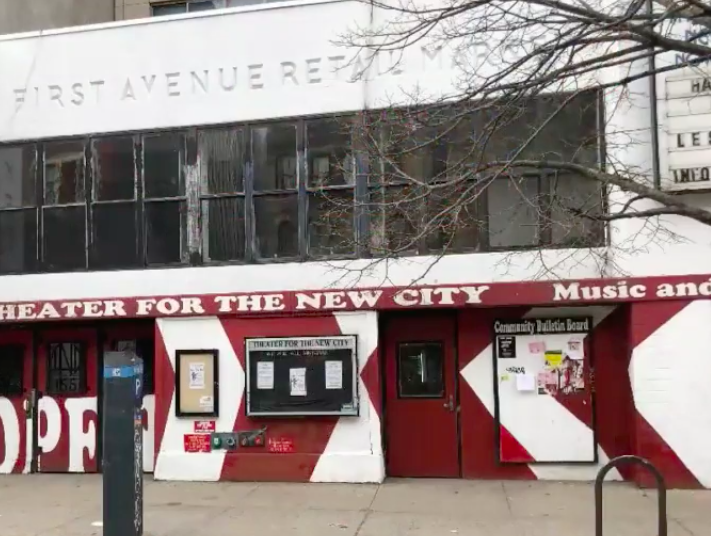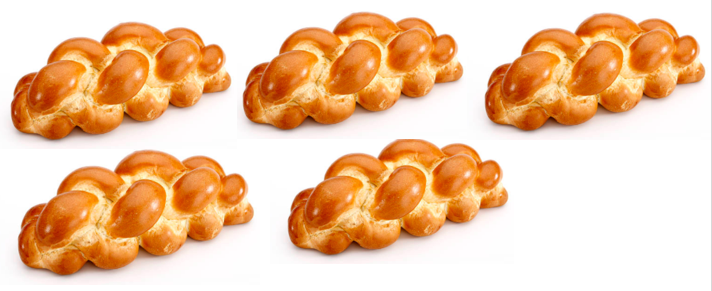In A Black-and-White Cookie, Two Old Men Teach the Truth about Bias
By Sue Weston and Susan Rosenbluth – Two Sues on the Aisle
In January 2021, Two Sues on the Aisle reviewed a virtual production of A Black and White Cookie. The New York Premiere will be presented at The Tank Theater (312 West 36th Street New York, NY 10018), July 9-24 2022. The performance will run approximately 90 minutes, with no intermission. Tickets are available for advance purchase at www.thetanknyc.org.
The cast will feature Russell Jordan (Harold Wilson), J. Dolan Byrnes (Albie Sands), Roslyn Seale (Carol Wilson), Marina Rebecca Chan (J.N. Pham), and Matt Provenza (Mitchell Reed).
——-
At a time when disease, political polarization, and economic upheaval threaten to destroy the very fabric of the United States, playwright Gary Morgenstein has written a story about two quintessential New York senior citizens—one a gruff conservative African-American Republican and the other a Jewish communist—who, each in his own way, refuse to relinquish control of their own lives and destinies.
A Black and White Cookie was originally scheduled to open last spring, but the pandemic got in the way. Fortunately, the delay prompted Mr. Morgenstein to rewrite his play, and now, in a Zoom-ready intimate production, presented by Theater for the New City and EGO ACTUS, he takes on a subject deeper and wider than any screen should be expected to contain: common, everyday, ubiquitous prejudice.

Theater for the New City
While his original story focused on bigotry, white supremacy, and antisemitism, in its new iteration, the lens has been widened to call out society’s taciturn acceptance of many different racial and religious stereotypes. The core of the play is still antisemitism, but this most ancient of bigotries becomes a portal offering a glimpse into all prejudices.
There are no villains in Mr. Morgenstein’s play, no Nazis, brown-shirts, or Islamist terrorists. Instead, he showcases decent prejudiced people, the ones the playwright says worry him the most because it is they, not the extremists, “who look away and allow hate to flourish.”
“The insidious nature of prejudice is that bigoted people don’t think they’re bigoted. When they say they hate Jews, they say it’s because all Jews care about is money. To them, prejudice is a function of fact. So, to address that ‘fact,’ we must take it head-on,” he says.
End of the Pandemic
Set in spring 2021, when, we are told, the pandemic is ending, the play presents African-American Harold Wilson (a no-nonsense Mansoor Najee-Ullah), a baseball-loving former marine who served two tours of duty in Vietnam and started voting for Republicans when he realized that Democrats were the real segregationists and he heard Richard Nixon declare that US servicemen’s sacrifices should not be in vain. Now in his 60s, Mr. Wilson is about to re-open the newsstand he has owned for thirty years when he is hit with a rent increase that will force him to close its doors for good. To sweeten the deal, the real estate company is offering him a $25,000 buy-out.
His best customer, barely acknowledged by Harold, is self-described 1960s Jewish Communist Albie Sands (a ponytailed Morry Schorr), who comes in every day for yesterday’s paper (which is free) and a ham-and-cheese sandwich (with no mustard). Albie’s devastation when he hears the newsstand is closing is a mixture of the personal (who wants to walk four more blocks to the next newsstand where the sandwiches won’t be as good) and the political (“Hell, no, he won’t go”).
Albie, who works tirelessly to persuade Harold to fight back against the rent increase, is convinced the landlord has been “exploiting the pandemic on the backs of the workers” and will concede when confronted by public shaming in the press.

Harold (Mansoor Najee-Ullahand) as Harold Wilson
Not a Caricature
It would be easy to render Albie into little more than a joke, a caricature of a radical who is all consumed with social justice that interests no one, but in Mr. Schorr’s hands, he is an earnest warrior. Raised in luxury in a Scarsdale home, surrounded by maids paid for by his physician father, he was disowned when he became a “Free Palestine” activist clamoring for Jews to be expelled from Israel.
When we meet him, he is anti-religion and homeless, but because he is a veteran of the Presidential campaigns of Communist Gus Hall, he is a talented writer who knows how to work hard in a political battle and has no interest in money.
But like Harold, he is getting old. He tried to join a Black Lives Matter protest but just couldn’t keep up with the youngsters.

Albie (a ponytailed Morry Schorr)
Blaming the Jews
Albie’s efforts to fight to keep the newsstand open are met with skepticism by Harold and open hostility by Harold’s niece, Carla (Roslyn Seale) who has her heart set on moving her beloved uncle to a peaceful retirement near her in Florida. Carla blames Jews for her own father’s death and, convinced that the communist is really after Harold’s settlement money from the real estate company, she wants Albie out of her uncle’s life. Jews, she reminds her uncle can smell money and are only interested in themselves. At best, all Albie could be, she says, is “an eccentric Park Avenue Jew.”
“I don’t want you to die because some Jew filled your head with nonsense,” she tells her uncle.
“I can fill my own head with nonsense,” he retorts, realizing that Albie, who is growing on him and, in his own way, inspires him, maybe the “only homeless Jew in New York, maybe in the world.”

Harold and Carla (Roslyn Seale)
Enough Slurs to Go Around
Albie reminds Harold that Jews have always fought for the underdog, for those things “you people have always wanted.”
“You people!” Harold explodes.
Oblivious, Albie continues, excoriating those who “measure noses” and who don’t realize that African-Americans and Jews have been discriminated against by the same people.
When Albie mentions Nazis, Harold scoffs that Jews are always talking about the Holocaust, prompting Albie to counter that Blacks are always talking about slavery.
These two could never be anything but an odd couple. Harold was first in line to receive his Covid vaccine. Albie believes the vaccine is part of a conspiracy plot.
Anti-Asian Bigotry
The circle of bigotry widens when Harold, Carla, and Albie are confronted by J.N. Pham (Julie Pham), the Asian head of the real estate company seeking to buy Harold out. Carla dismisses Asians as “Jews with better noses,” and Harold, learning that she is Vietnamese, recalls that, in 1970, “the Gooks” picked off his friends one by one.
Ms. Pham doesn’t fall for the bait, telling them that she is not Vietnamese. She is American, and her family was opposed to the communists, too.

J.N. Pham (Julie Pham)
Positive and Uplifting
Mr. Morgenstein, who was determined to update his play by “layering in the terrifying burden of the pandemic to portray a city struggling to come into the light,” has succeeded very well by keeping his focus on the microcosm of these two senior citizens.
The play, with its determination to reflect hard truths about fear, disease, and bigotry, is ultimately positive and uplifting and deserves to be seen whenever it is showcased by Theater for the New City. To see it online, go to theaterforthenewcity.net.
While not delivering a perfectly happy ending—it is clear that Albie is very sick—A Black and White Cookie reaches as satisfactory a conclusion as it can. No one throws out the stereotypes, but if Mr. Morgenstein’s two stubborn old men can forge an understanding, then, perhaps, the audience can rethink what each of us needs to reach ours. Maybe the cream in the delicious black-and-white cookie is the purity and sweetness of our differences, signifying the possibility that all of us can meet in the middle.
*****
Two Sues on the Aisle bases its ratings on how many challahs it pays to buy (rather than make) in order to see the play, show, film, or exhibit being reviewed. (5 Challah is our highest rating)
“A Black-and-White Cookie” received 5 challahs.

Five Challah Rating





